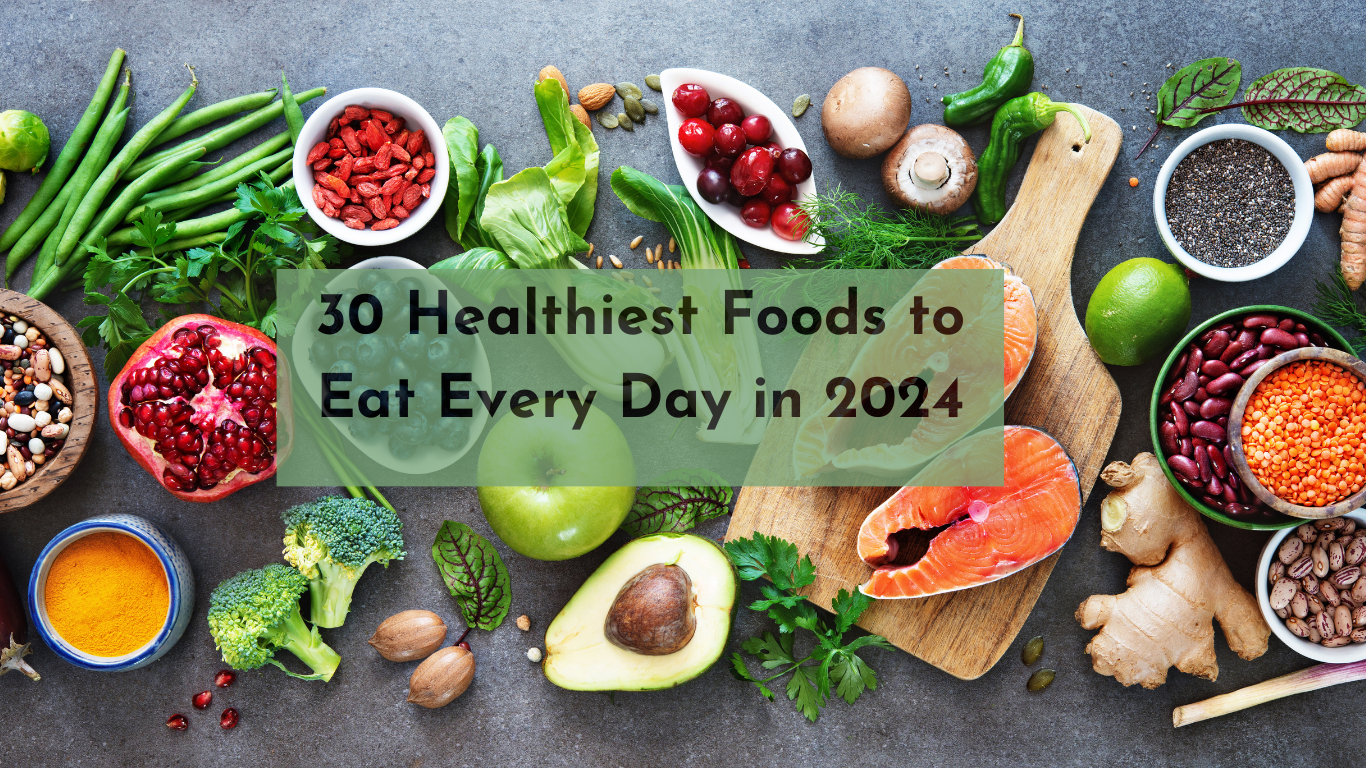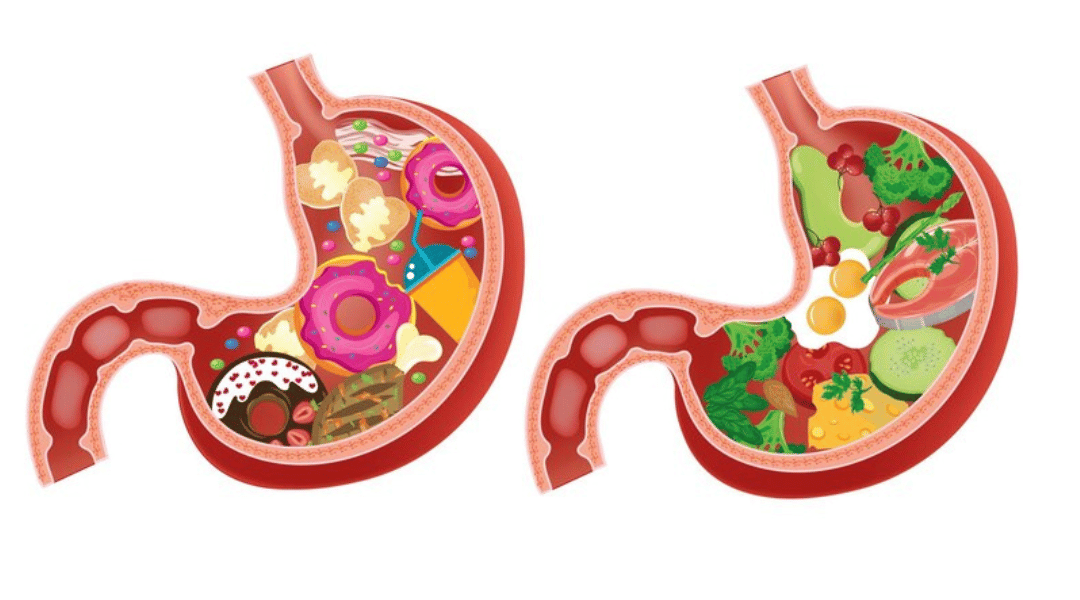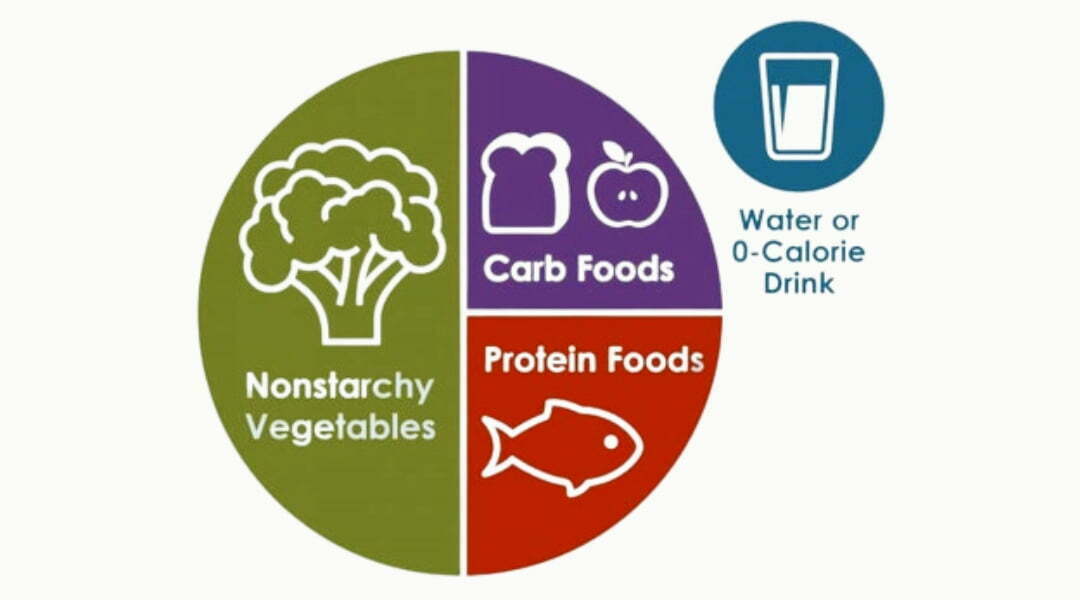Category - Diet & Nutrition
Diet and nutrition play a vital role in maintaining overall health and well-being. One key component of a healthy diet is fiber. Fiber is a type of carbohydrate found in plant-based foods that our bodies cannot digest. Instead, it passes through the digestive system relatively intact, providing a range of health benefits.
Including foods high in fiber in your diet can have numerous advantages. Firstly, fiber aids in maintaining bowel regularity by adding bulk to the stool, which promotes proper digestion and prevents constipation. Additionally, a high-fiber diet can help manage weight by providing a feeling of fullness, reducing the likelihood of overeating.
There are two types of fiber: soluble and insoluble. Soluble fiber dissolves in water and forms a gel-like substance in the digestive tract. It can help lower cholesterol levels and regulate blood sugar levels. Good sources of soluble fiber include oats, barley, lentils, beans, and fruits such as apples, oranges, and berries.
On the other hand, insoluble fiber does not dissolve in water and adds bulk to the stool, promoting regular bowel movements. It can be found in whole grains, wheat bran, nuts, and vegetables like broccoli, carrots, and cauliflower. By consuming a variety of foods high in both soluble and insoluble fiber, you can maximize the health benefits of fiber in your diet.
Some specific foods that are particularly high in fiber include legumes such as chickpeas, kidney beans, and black beans. These versatile ingredients can be incorporated into soups, stews, or salads, providing a significant fiber boost. Whole grains like quinoa, brown rice, and whole wheat bread are also excellent sources of fiber.










